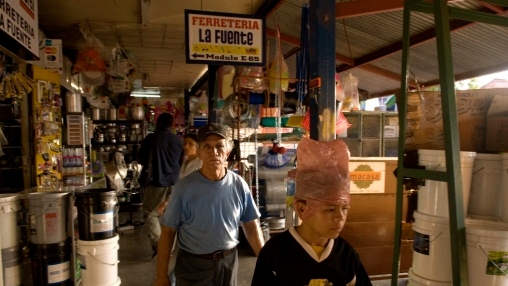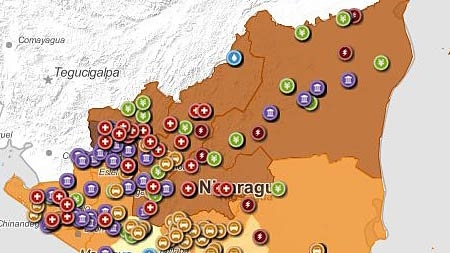Challenge
The 2008 global financial crisis and the “no-payment” movement opened the door to abusive financial practices, an array of misunderstandings about hidden microloan fees, forced savings (in the form of compensatory balances), and very high late payment charges. The damage to the financial system was severe and immediate. Between 2009 and 2010, 19 microfinance institutions lost over US$60 million in foreign financing and their credit portfolio in arrears skyrocketed to close to 17 percent (over 30 days overdue) from some 3 percent before the crisis. Several micro lenders went out of business or had to be heavily recapitalized, and the number of microfinance consumer loans sharply decreased, affecting access to finance for the lower income population.
Solution
The Financial Sector Reform and Strengthening Initiative (FIRST)—a multi-donor trust fund for strengthening the financial sector in middle and low-income countries—assisted the Superintendency of Banks and Other Financial Institutions of Nicaragua (SIBOIF) in developing a national program to improve consumer protection for the banking and microfinance sectors.
This Project aimed to establish a system that would provide adequate consumer protection for financial services and ultimately greater access to finance. Project activities included:
- Assessing the legal, regulatory and institutional frameworks for consumer protection.
- Building consensus among key stakeholders in the form of a prioritized action plan to implement recommendations of the diagnostic review.
- Implementing priority measures identified in the action plan to strengthen consumer protection in Nicaragua (completed in 2013).
Results
In June 2013, Nicaragua enacted a new consumer protection law and, in September 2013, published related regulations to increase the transparency of financial transactions, among others. These regulations include a method for calculating total annual costs of credit products and a model (summary sheet) for disclosing terms and conditions of active and passive financial products to consumers in the banking sector, in addition to the contract.
Additionally, the regulation addresses the following issues:
- Rights and obligations of clients.
- Applicable criteria for fees and expenses, including their sustention and the process for changing them.
- Transparency on advertising.
- Role of board of director and internal audit.
- Disclosure of formulas for calculating interests and fees.
- Financial product and services contracts abusive clauses.
- System for the attention of the financial users claim.
Likely benefits of the new regulations include:
- Improved household confidence in financial services.
- Increased citizens’ use of financial products.
- Enhanced fair competition among financial service providers.
- Increased soundness and stability of the financial system.
Bank Group Contribution
The FIRST Initiative multi-donor trust fund funded this technical assistance. Project costs were approximately US$165,000.
Partners
The main counterpart for this project was SIBOIF. However, as the project progressed, it also involved the National Commission for Microfinance (CONAMI), the new microfinance regulator.
Moving Forward
Currently, there is a new window of opportunity to implement the transparency regulations and continue strengthening the role of SIBOIF in the area of consumer financial protection. SIBOIF is planning to create a consumer protection department and dedicate staff to the issue. The Bank team will follow up with SIBOIF and CONAMI to coordinate future support on this topic.
Beneficiaries
All the (current and future) users of financial services will be benefited by the impact of his project. Because Nicaragua only recently enacted the Consumer Protection Law and the related regulations, it is too early to assess impact for individual citizens. Countries were these initiatives were implemented have shown a decrease in the interest rate and higher levels of competition (e.g., Perú).
At large, the main counterpart of the project (SIBOIF) has expressed its gratitude for the support of FIRST and the World Bank.

